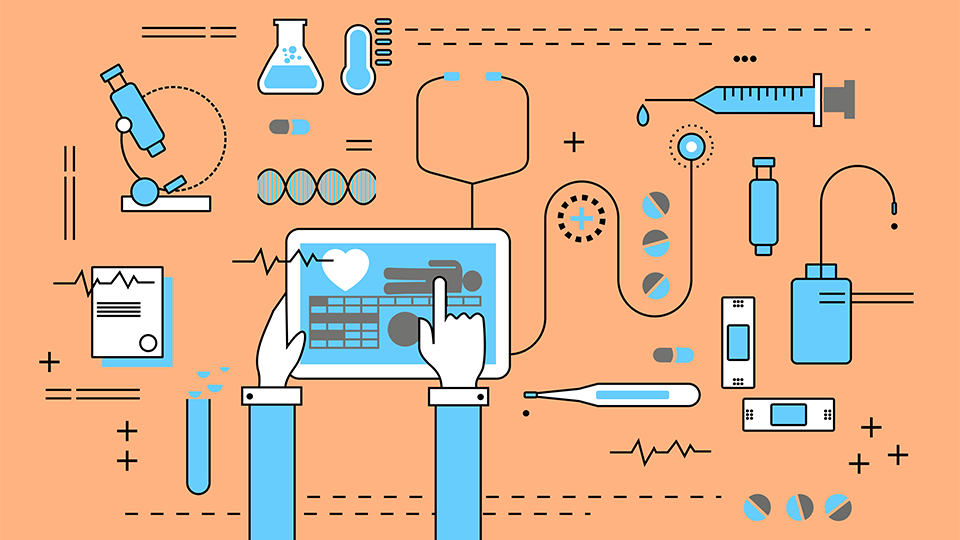Ethics of telemedicine
Published: 28 Jul 2017

Telemedicine is gaining more ground in Singapore, from progress seen in hospital programmes to new online platforms for patients to search and book healthcare professionals. Telehealth programmes help medical professionals to monitor patients and their conditions remotely, often through wireless medical devices in their homes.
Associate Professor James Yip from NUS Medicine’s Department of Medicine said the main merit of such devices is picking up events at home which doctors would otherwise not know if they only met patients in their clinics once a month, or once in a few months. Assoc Prof Yip also works as National University Health System’s Group Chief Medical Information Officer and Senior Consultant at the Department of Cardiology, National University Heart Centre.
However, ethical and legal issues could crop up, alongside telemedicine’s growth in the healthcare industry.
Dr Calvin Ho, Assistant Professor at NUS Medicine’s Centre for Biomedical Ethics, said telemedicine’s growth would amplify the existing ethical and legal challenges, such as protecting privacy and confidentiality, as a lot more data will be collected and used. Dr Ho added that telemedicine presents regulatory concerns about product liability and safety, as not all devices are under the purview of the Health Sciences Authority.
News Coverage

